What is leftism?
It's not personality
Emil Kirkegaard writes:
We should note that beliefs aren’t really genetically encoded. So when we say that political beliefs or dimensions are heritable, the causal chain is rather long from the gene to the belief. …
We begin with an extraordinarily large amount of genetic variation. You have TT at some locus, but I have AT, and our friend has AA. Repeat this but at 10+ million places in the genome. The effects may add up to some behavioral differences. I called these low level psychological tendencies, which may be smell sensitivity, social conformity, activity level, or whatever. These are often called facets of personality, which are usually considered the sub-components of dimensions like the Big 5 (OCEAN). If you don’t like OCEAN, then substitute HEXACO, alternative Big 5, 16PF, or whatever system you prefer. These dimensions can also be aggregated to some extent due to various intercorrelations, and in the end one gets Big 5, Big 2, and Big 1 (GFP). In the simplified model, these then cause variation in political beliefs. Perhaps you have a high activity level and enjoy working, but you see others are apparently sitting in their sofas all day, so you start getting annoying you have to pay taxes to support their laziness. Next step you start believing that the taxes are too high. As such, a belief that taxes are too high wasn’t encoded in your genes, but personality tendencies, that in the current social context leads to that belief, were encoded to some extent.
This is how, roughly, many people conceive of the heritability of beliefs.
He’s definitely right that many people think this way. But why think like this?Existing personality tests aren’t very useful for measuring political variation.
General conservatism is about 60% heritable before correcting for reliability issues. That means if general political orientation is largely explained by existing personality tests, you’d expect those tests to explain around 60% of the variance of general political orientation. Then, with high personality heritability, it’s plausible the genes that cause general conservatism to be heritable are the same genes that cause Big 5, HEXACO, or other personality variation.
Emil posted one of the highest estimates of the correlation between a personality measure and politics in the literature, and it shows that in males, personality factors explain between 5% and 16% of the variance of personality. That means 55% to 44% of the heritable variance at a minimum is still missing. I.e., the vast majority of it is orthogonal to personality scales.
Emil’s reference uses the Eysenck model on a very old Wilson-Patterson conservatism scale. This scale was filled with items like supporting the death penalty, corporal punishment in schools, and being against rock music. Probably really the most highly loaded the Platonic latent factor we want to investigate. So it’s possible that the personality factors are correlating primarily with auxillary components, and this is why these correlation estimates are higher than they normally are in the literature.
This study is more representative of the literature:
It shows an upper estimate of 8% of the variance being explained by Big 5, which is what most people think of when they think personality. 8% variance explained by Big 5, vs 60% heritability.
I will point out also that genetic variance in openness is unlikely to cause variance in conservatism. Rather, it’s correlated due to population stratification. Openness correlates with IQ, and IQ correlates with conservatism.
You can see this in Emil’s own data. If genes for low IQ also caused conservatism, why would conservatives be smarter some decades ago? It’s also likely that in the present day, conservatives in some countries are smarter than leftists, depending on population structure, but I can’t find international data on this question. There is one study looking at within family genetic effects that claims higher IQ causes leftism, but the results are across the board extremely under-powered. The scales are also confused as to what conservatism is; convincing results are really only found on a human-rights axis, i.e. higher IQ causes people to want less authoritarian governments. But this is not what we discuss when we discuss social conservatism.
You have to be careful when you discuss conservatism. There are at least two separate things commonly called conservatism colloquially, but scientifically they are completely different. Those two things are cultural or social conservatism, and economic conservatism.
Folk wisdom is that these are the same. Tobias Edwards & co. from the last references study produced a scale freely mixing economic and social conservatism items into a sum score. But they don’t correlate with each other.
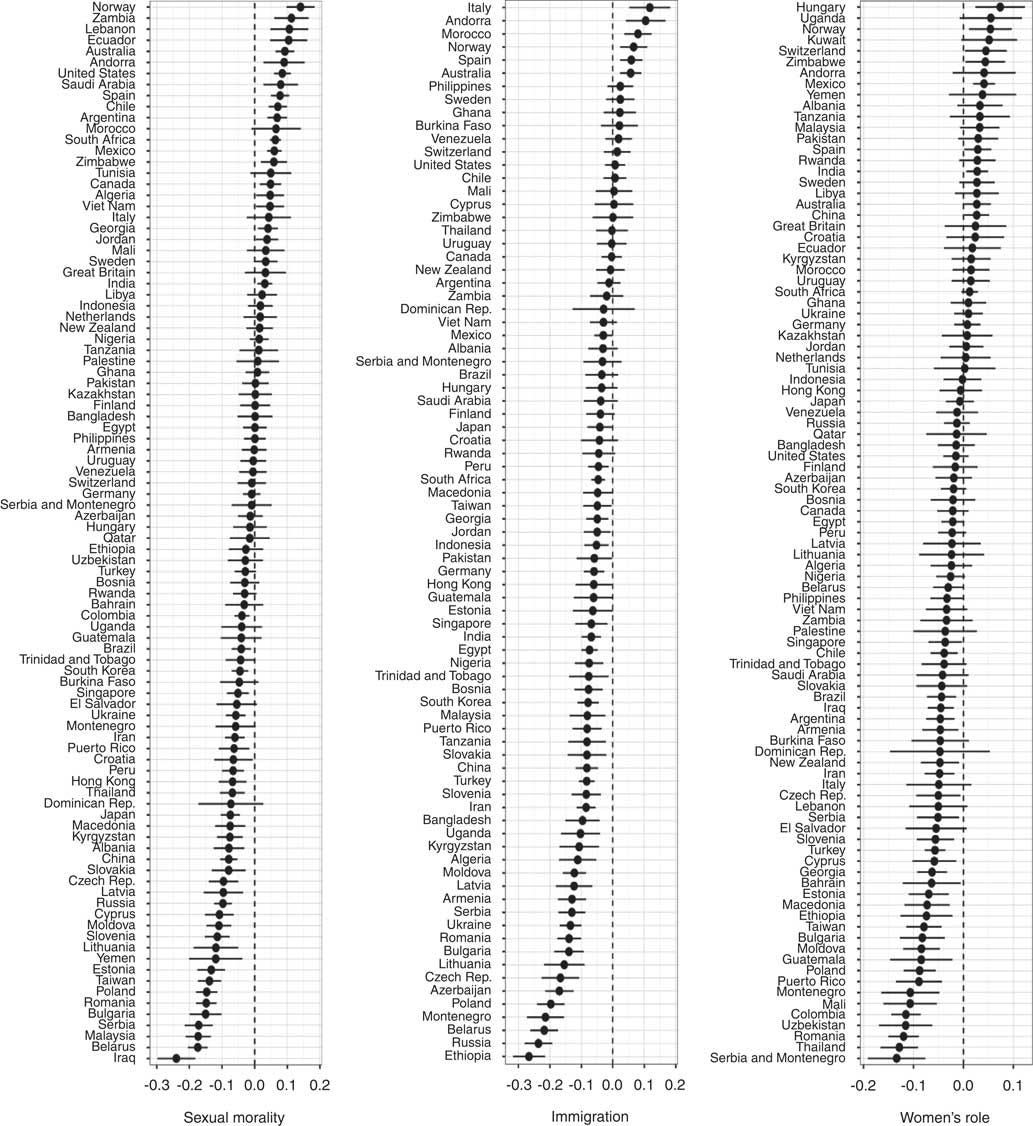
The average international correlation is approximately 0; the 95%ile correlation magnitude is approximately a whopping 0.10. Never mix these concepts.

What’s worse for IQ scientists is that IQ actually correlates positively with economic conservatism scales, in the same countries where there’s a negative correlation between social conservatism and IQ, and where it’s received wisdom that “left and right” means “communism vs. capitalism” as well as “wokeism vs. tradition”.
Luckily, WP-conservatism is social conservatism. Back to what that is exactly:
It’s again not Big 5; GFAs is the general conservatism factor, and again Big 5 explains 5-8% of variance.
Haidt’s moral foundations do a lot better. If you sum the squares of Harm, Fairness, Ingroup, Authority, and Purity, you get .16**2 + .16**2 + .34**2 + .5**2 + .42**2 = 0.5932. That might over-estimate since it doesn’t factor out the correlation between moral foundation factors. For some reason they tend not to report full OLS models including all of the foundations regressed onto general politics in this literature, but if I had to guestimate I’d say the real join R^2 would be about 25%, since the moral foundations substantially intercorrelate. This study put moral foundation factors into an OLS model and found .12**2 + .29**2 + .42**2 = 0.27, so 25% seems about right.
If moral foundations were totally independent from Big 5, we’d get up to maybe 33% variance explained, which, assuming this is all due to genetic correlation, would only explain about half of the heritability. But moral foundations isn’t independent from Big 5, in fact it correlates with openness quite a bit, so adding Big 5 to the model would likely be pointless.
I would say then you can think of social conservatism genetics as at most 50% explained by genetics that influence moral foundations scores. It’s partially moral foundations, but not totally. Moral foundations scores, of course, are highly heritable.
So what is the rest? It’s probably related to sexual and reproductive instincts and behaviors.
For example I took an online Moral Foundations test and scored a normal social conservative profile, but the sexual and reproductive questions were not really present. There was one question about whether extreme incest is wrong even if protection is used.
In my study of the evolution of social liberalism (wokeness), I used the principal component of a scale with 3 sections: LGBT, feminism, and racism. It predicted party very well.
When I introspect, I see each of these scales as having a shared reproductive-orientation component. If you are a certain race and want to marry early and have a family, then you’ll be against feminism (women chasing careers instead of marriage), mass immigration of competing men (labor “talent”) or ineligible women (too distantly related, i.e. a different race), and LGBT (which is the least individually harmful, but you won’t be a fan of it at least, since it’s a bunch of people trying to induce women to be lesbians, to get sex changes, and who generally vote against straight male interests).
I’m guessing normal moral foundations fails to capture a lot of variance in this trait. For example, I might score the same as a gay man that thinks gay marriage is traditional and sees nothing wrong with massive competitive H1B immigration as long as it follows the American constitution or whatever.
This could probably be tested on Prolific, so if you want me to, consider subscribing, especially as a paid subscriber:





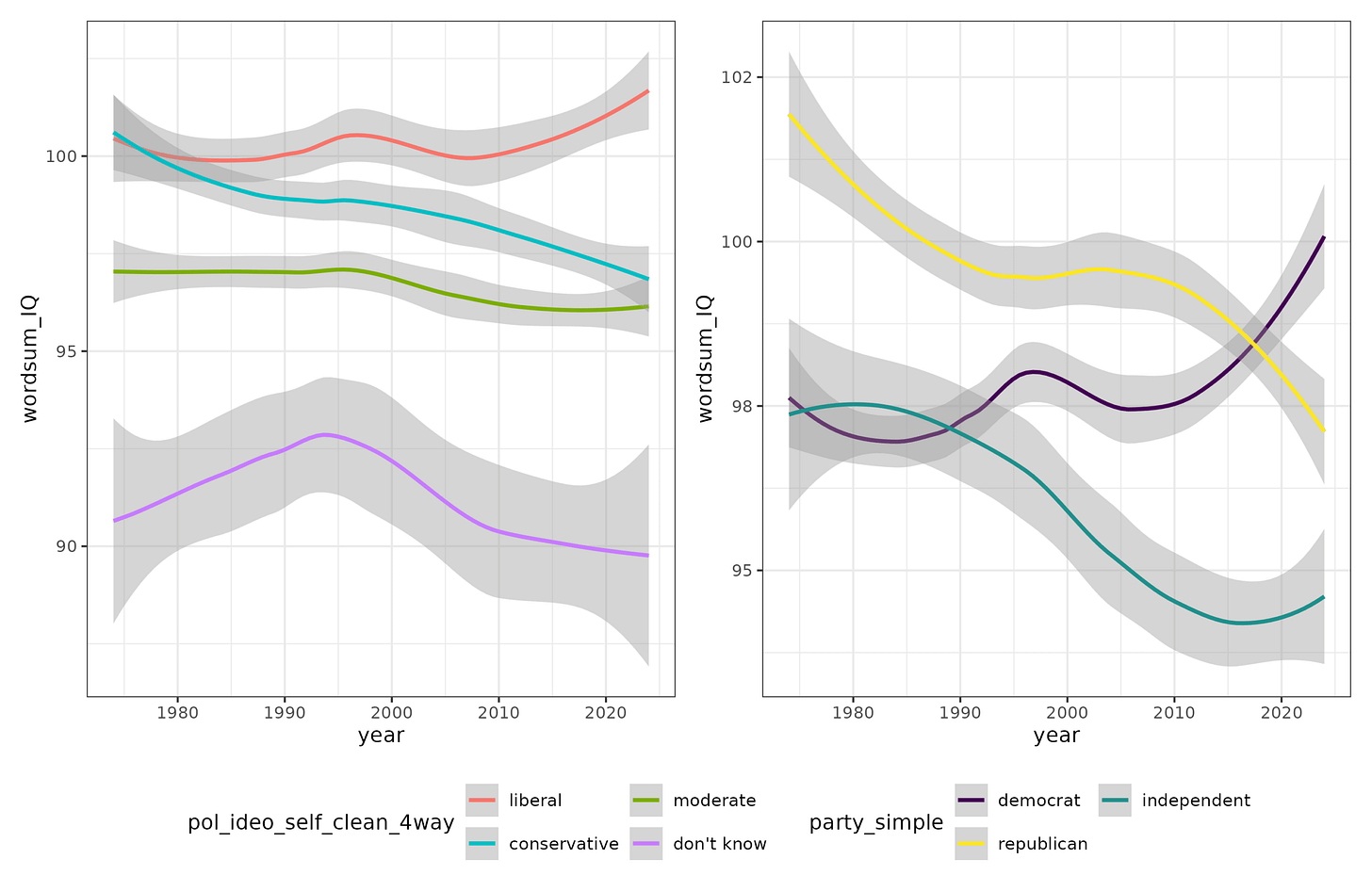
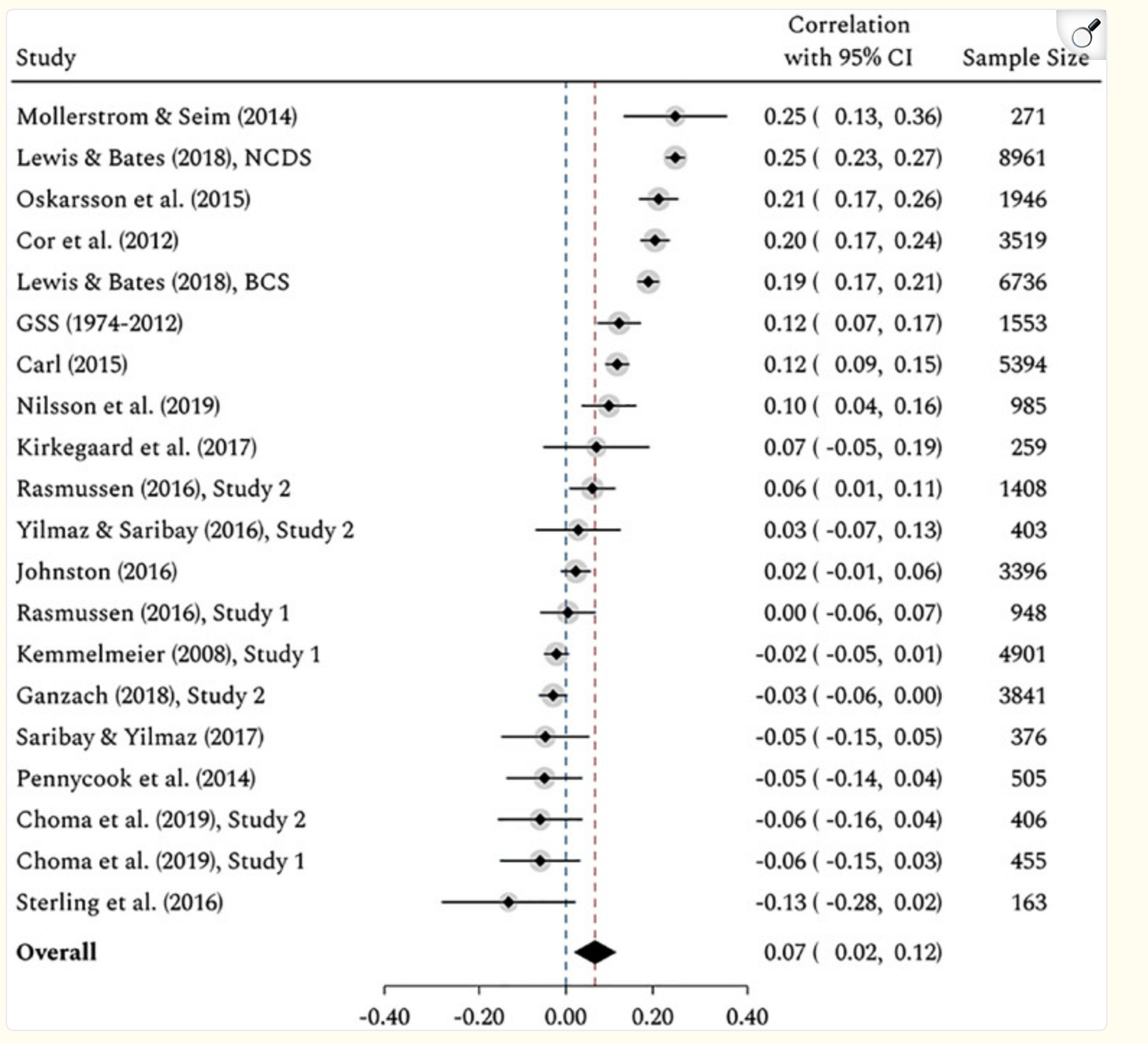
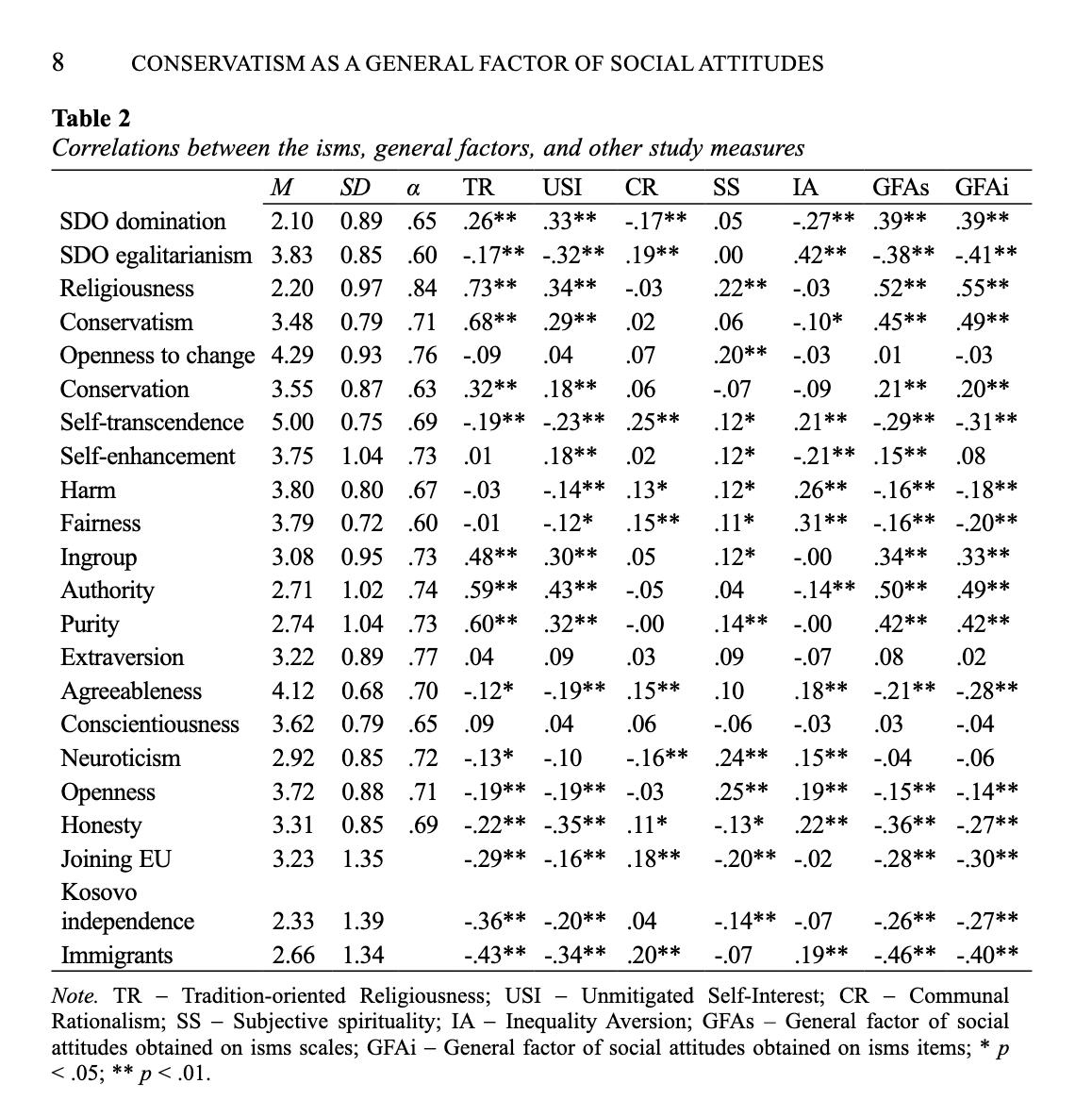

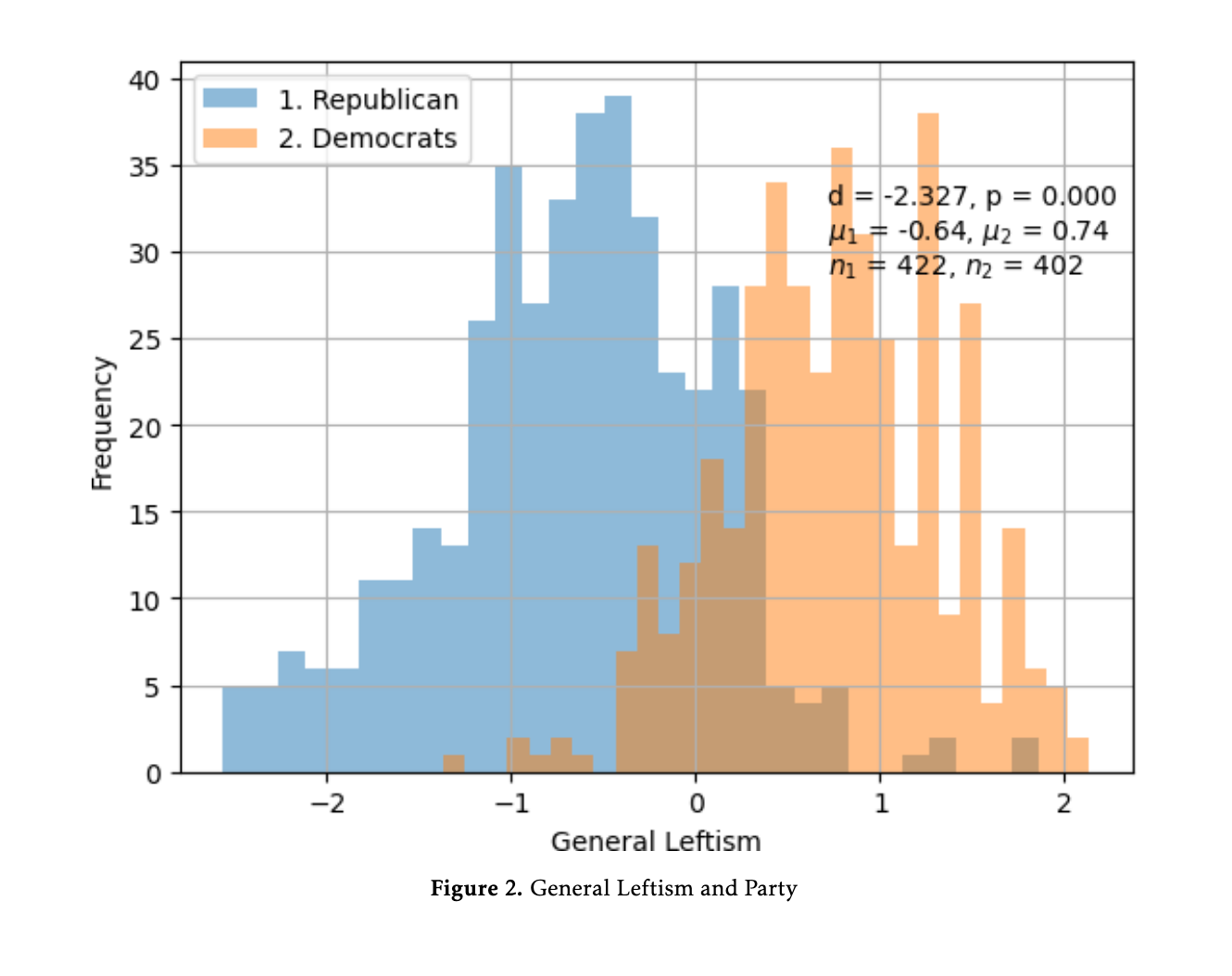
Good work.
I was confused by this - 'They would tend to make you a communist if you lived in Nazi Germany, but a capitalist if you lived in communist DDR Germany, and a human rights advocate if you live in Pakistan' - this is not true. Even under occupation during WWII the resistance was split by party lines.